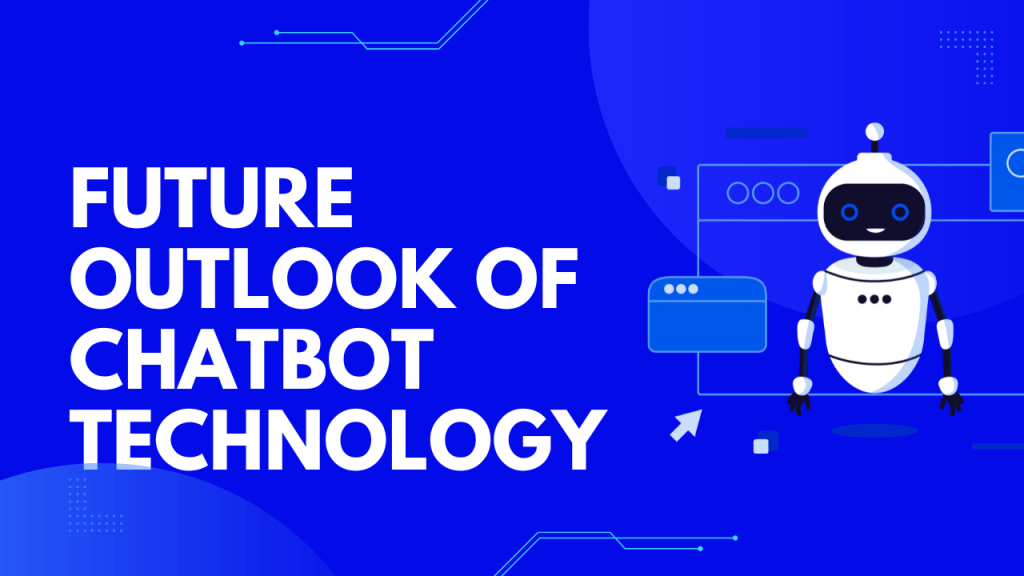In the ever-evolving landscape of customer service and digital interactions, chatbots have emerged as a prominent technology, revolutionizing how businesses engage with their customers. As we delve into 2023, it becomes increasingly important to explore the latest trends, statistics, and future outlook surrounding chatbots. From their widespread adoption across industries to advancements in natural language processing and the integration of voice-based interfaces, chatbots have evolved to provide personalized and seamless user experiences. This article delves into the key trends shaping the chatbot landscape, presents insightful statistics, and provides a glimpse into the exciting future possibilities that lie ahead for chatbots in 2023. Join us as we uncover the transformative power and potential of chatbots in the digital realm.

Increasing Adoption: Chatbots have been gaining significant traction across industries due to their ability to improve customer service, enhance user experiences, and automate processes. Many businesses are adopting chatbot technology to meet customer demands and streamline operations.
Growing Market Size: The chatbot market has been experiencing substantial growth. According to Grand View Research, the global chatbot market was valued at around $2.6 billion in 2019 and is projected to reach over $10 billion by 2026, indicating a strong market outlook.
Improved Natural Language Processing (NLP): Advancements in NLP technologies have made chatbots more effective in understanding and responding to natural language queries. NLP enables chatbots to interpret user intent, sentiment, and context, leading to more accurate and meaningful interactions.
Integration with Voice Assistants: Chatbots are increasingly being integrated with voice assistants like Siri, Google Assistant, and Amazon Alexa. This integration allows users to interact with chatbots through voice commands, expanding their accessibility and convenience.
Enhanced Personalization: Chatbots are evolving to deliver more personalized experiences. By leveraging user data and AI algorithms, chatbots can tailor responses and recommendations to individual preferences, leading to more relevant and engaging interactions.
Chatbots for Multichannel Support: Businesses are leveraging chatbots to provide support across multiple channels, including websites, messaging apps, social media platforms, and voice-based interfaces. This multichannel approach allows companies to reach customers wherever they prefer to engage.
Increased Use in Customer Service: Chatbots are extensively used in customer service to handle routine inquiries, provide quick responses, and offer self-service options. By automating repetitive tasks, chatbots free up human agents to focus on more complex and high-value interactions.
Chatbots and E-commerce: Chatbots are being utilized in e-commerce for product recommendations, personalized shopping experiences, and order assistance. They can help customers find products, provide information, and even process transactions within messaging platforms.
Rise of AI-Powered Chatbots: AI-powered chatbots, enabled by machine learning algorithms, are becoming more prevalent. These chatbots can continuously learn and improve their responses over time, enhancing their ability to understand user intent and deliver accurate information.
Conversational AI and Emotional Intelligence: There is a growing focus on developing chatbots with emotional intelligence. Conversational AI models are being trained to recognize and respond to human emotions, allowing chatbots to provide empathetic and emotionally intelligent interactions.
Chatbots in Healthcare: The healthcare industry is leveraging chatbots to provide personalized health advice, appointment scheduling, and remote patient monitoring. Chatbots are also assisting in mental health support, medication reminders, and symptom assessment.
Ethical Considerations: As chatbot technology advances, ethical considerations surrounding data privacy, transparency, and bias become more prominent. Organizations are increasingly mindful of ensuring responsible use of chatbots and maintaining ethical standards in their implementation.
As we conclude our exploration of chatbots in 2023, it is evident that these conversational AI agents have become indispensable in modern business operations. The trends witnessed in this domain reflect the growing importance of chatbots across industries, from customer service to e-commerce and beyond. With advancements in natural language processing, integration with voice assistants, and the ability to provide hyper-personalized experiences, chatbots have evolved to meet the ever-increasing expectations of users. The future outlook for chatbots is promising, with continued market growth, enhanced analytics capabilities, and a focus on ethical considerations. As businesses strive to deliver seamless and efficient customer interactions, chatbots will undoubtedly play a vital role in shaping the digital landscape of tomorrow. With their ability to automate tasks, provide round-the-clock support, and deliver tailored experiences, chatbots are poised to redefine customer engagement and drive business success in the years to come.
